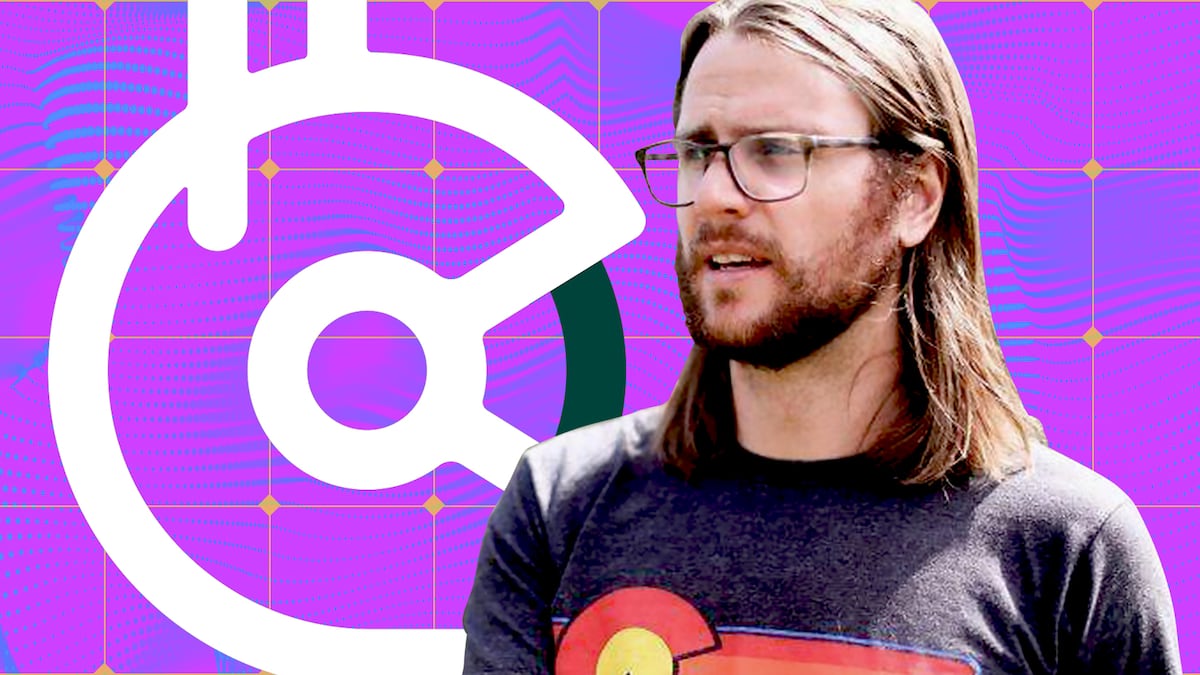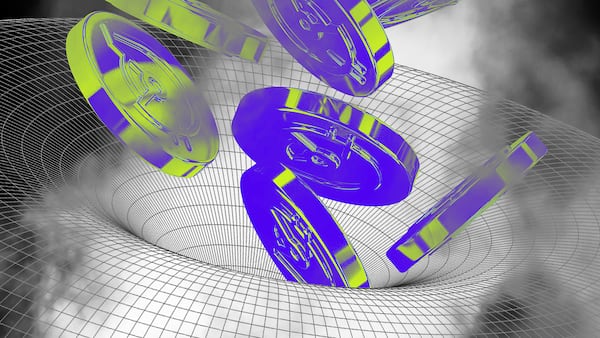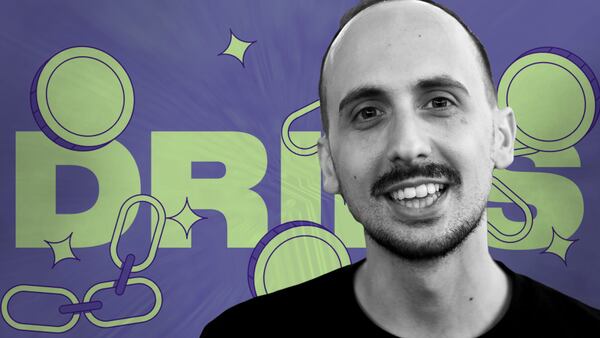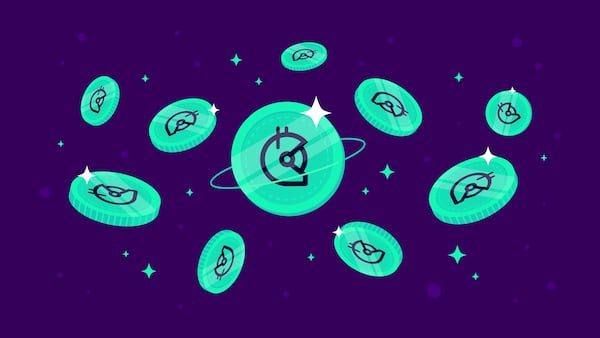- In a new book, Kevin Owocki provides a primer on DAOism.
- It's been a challenging period for decentralised autonomous organisations.
- Owocki makes a fresh case for blockchain-powered cooperative groups.
It’s been a rough couple of years for DAOs.
These blockchain-powered cooperatives have lost millions in hacks, been swept up in legal controversy, and suffered all manner of financial chicanery.
Moreover, decentralised autonomous organisations were supposed to usher in an egalitarian revolution in the way online organisations were governed.
Yet, too often, a select few control the governance tokens that shape the growth of DAOs. Worse still, no one votes on key proposals.
But Kevin Owocki still believes.
How to DAO
The computer scientist has just published a book entitled “How to DAO” explaining why these organisations will play a vital role in the growth of decentralised finance.
“Different generations have had different frontiers where they can go and seek adventure, self-actualisation, and riches,” he told DL News. “DAOs are a great vessel for doing that.”
As one of the co-founders of Gitcoin, the eight-year-old grantmaking platform, Owocki played a key role in the public goods movement that was designed to help build out crypto’s infrastructure.
By helping grantmakers connect with grantees, his effort facilitated the giving of more than $60 million to 5,000 different open-source crypto projects as well as non-profit and humanitarian organisations. Gitcoin itself spun out into a DAO in 2021.
‘DAOs are going to enable us to have geographically distributed co-ops around the world.’
— Kevin Owocki
As a result, Owocki’s platform was involved in the launch of some of the more well-known decentralised projects in the industry.
In 2019, a batch of the earliest Gitcoin grants went to Uniswap, a project that is now the tenth largest decentralised finance protocol with $6 billion in deposits, according to DefiLlama. (DefiLlama, DL News’ sister organisation, also received several Gitcoin grants in 2022).
In 2020, Gitcoin helped fund development of Nethermind, which is one of the largest Ethereum clients. Blockchain clients are the software that lets network nodes read transaction blocks.
Owocki’s work to support long-lasting projects with innovative technology and business models stands in stark contrast to the memecoins and runaway speculation now driving the crypto narrative. Indeed, blockchain technology is capable of much more, he said.
“DAOs are going to enable us to have geographically distributed co-ops around the world,” said Owocki.
Aave proves the case
And for all the challenges DAOs have confronted over the last few years, there are stalwarts that are demonstrating their value, he said.
Take Avara, the umbrella DeFi company which includes the $22 billion lending protocol Aave, social media platform Lens, and crypto wallet Family.
Members of the lending protocol’s DAO use their AAVE governance tokens to vote on changes they want to see. Other DAOs, like the PleasrDAO, pool funds to buy digital art or even incubate budding startups.
‘DAOs have only been evolving for a few years. We have to let them cook.’
— Kevin Owocki
Unlike limited companies or traditional co-ops, DAOs allow larger communities worldwide to work towards a collective goal. There is no formal CEO. Instead, its mass of financially incentivised tokenholders will ensure the organisation continues to hurtle towards that goal.
Still, this lack of formal structure has been a sticking point for DAOs, especially when defining who is liable when things go wrong.
A US judge ruled in 2023 that Oooki DAO, which stewards a crypto derivatives exchange, was a traditional business that should’ve registered with the Commodity Futures Trade Commission.
None of the DAO members were found liable, but that didn’t stop the judge from issuing a $650,000 fine. It remains to be seen how that sum will be settled.
Another case in 2024 alleged that the Lido DAO, backing the decentralised staking protocol, was controlled by the project’s largest token holders — venture capital firms. The judge agreed, and the case is proceeding.
Stepping stones
Owocki’s unphased by the legal snags. They are all legal stepping stones, he says. Companies, as we know them today, have had hundreds of years of case law to iron out the wrinkles.
“DAOs have only been evolving for a few years. We have to let them cook,” said Owocki.
In the meantime, DAOs are growing faster than ever.
There are more than 50,000 DAOs in the crypto industry, with treasuries of nearly $31 billion in various cryptocurrencies, according to data from DeepDAO.
Despite the vast sums accrued by these digital communes, many of the thorny realities are left out of his book.
But for a true believer, that’s perfectly fine.
“On a scale of one to ten — where a ten is rosey-eyed and zero is ‘crypto is all a scam’ — I’d say the book is probably a six and a half,” Owocki told DL News.
Liam Kelly is a Berlin-based reporter for DL News. Got a tip? Email him at liam@dlnews.com.





